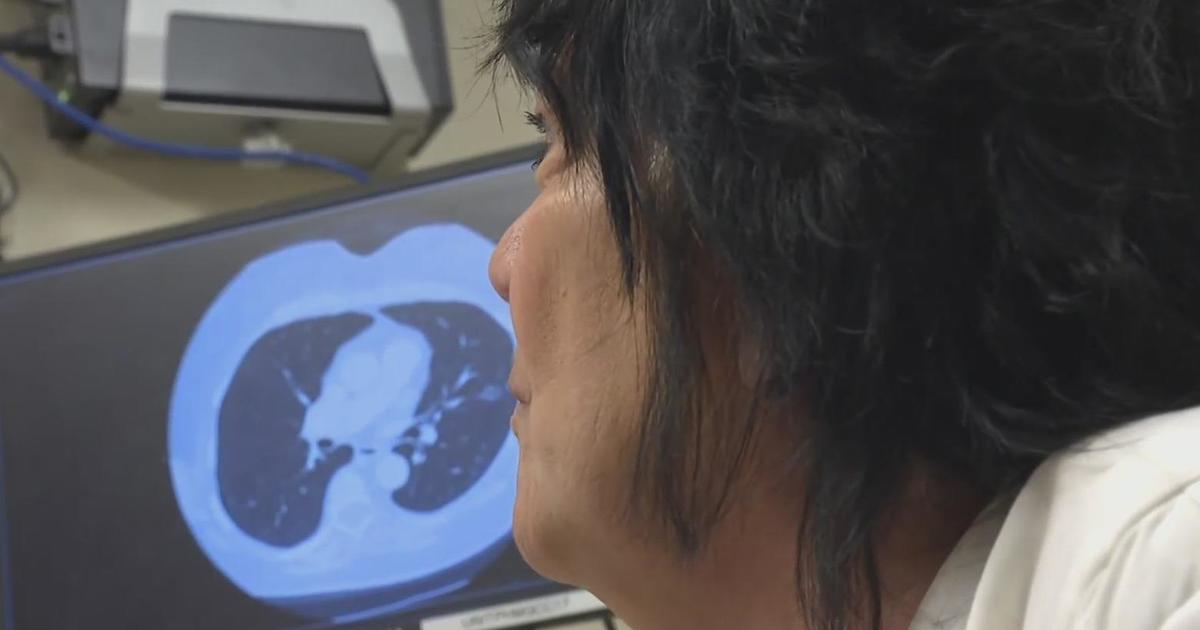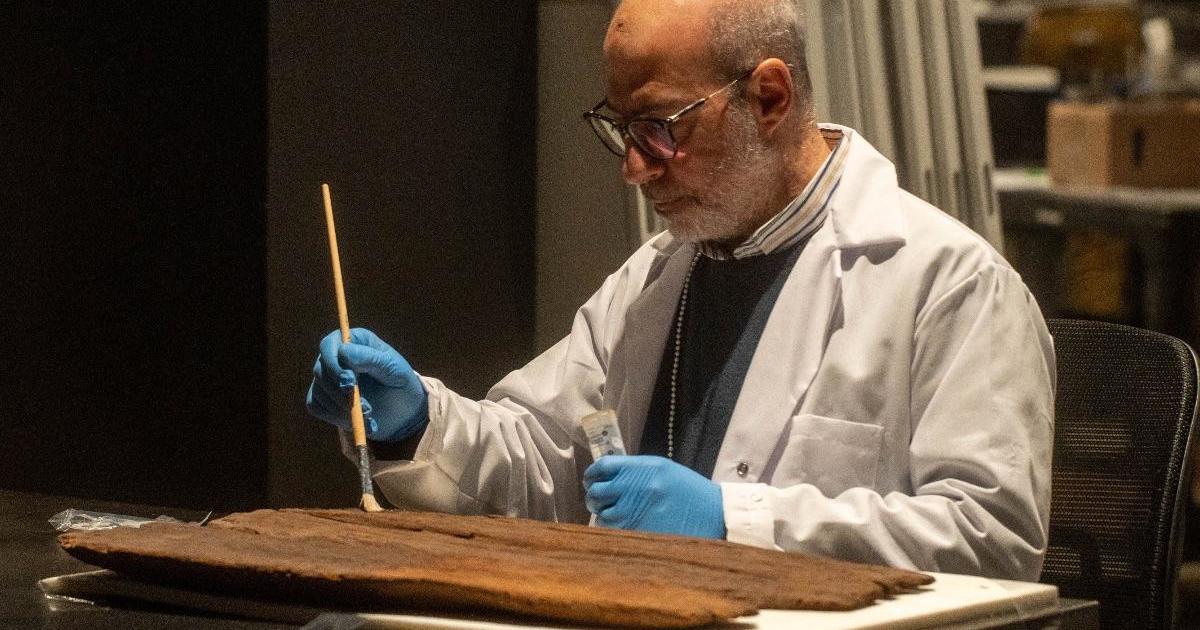Pitt Study Giving New Hope In Fight Against Prostate Cancer
PITTSBURGH (KDKA) -- Predicting how prostate cancer will progress has been much like flipping a coin. But a local discovery could change that.
Researchers analyzed the genetic information in the cells of nearly 300 prostate cancer samples at the University of Pittsburgh, Standford and Wisconsin. In the patients who had recurrent cancer despite removal of the prostate, the researchers found certain mismatches in the genetic code called "fusions."
"Normally your DNA is lined up in your cells in a very organized fashion, and in cancer cells, it appears the DNA gets mixed up where a piece of one gene is attached to the piece of another gene," said UPMC urologist Dr. Joel Nelson.
The fusions result in the genes unable to make proteins to suppress tumor growth, and the cancer grows more vigorously.
"If you have it, there's about a 90 percent chance that you're going to have a recurrence of your cancer. So that's a very high number and one we can make clinical decisions based on," he says.
Clinical decisions like using robust treatments, such as removal of the prostate and hormone therapy -- treatments that can have side effects.
Without the fusions, waiting and watching, something called active surveillance is a reasonable approach.
"We're in the process of validating this in a larger set of patients, though I expect one day there will be a test you can order," says Dr. Nelson. "And tests like this may be helpful in deciding is it safe for us to do active surveillance or not in your case."
This type of genetic testing wouldn't be for screening, but a tool, once a biopsy has been done to figure out how aggressive a cancer will be.
It will need further study before it's widely available.
You May Also Be Interested In These Latest News Stories
Join The Conversation On The KDKA Facebook Page
Stay Up To Date, Follow KDKA On Twitter



